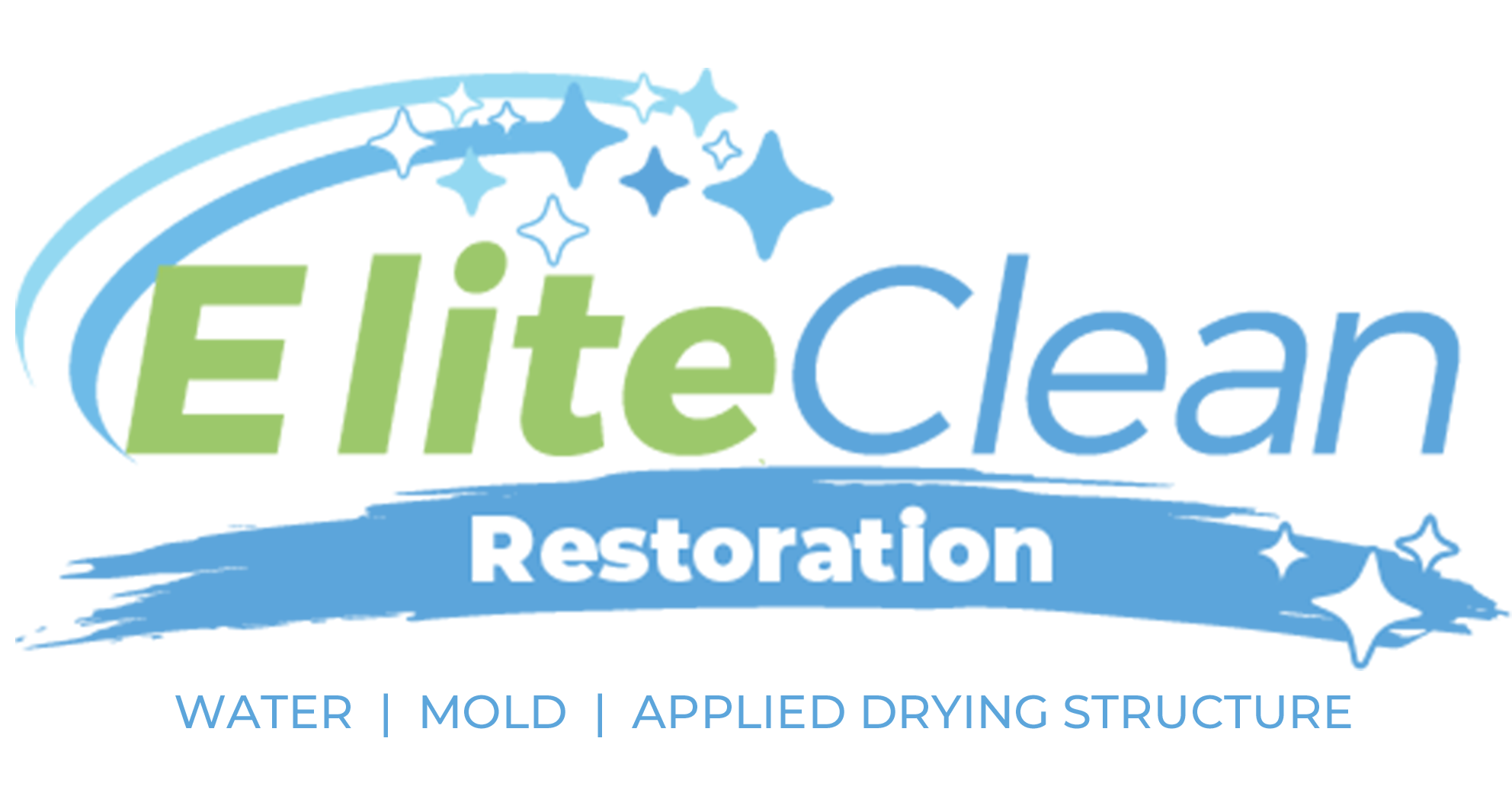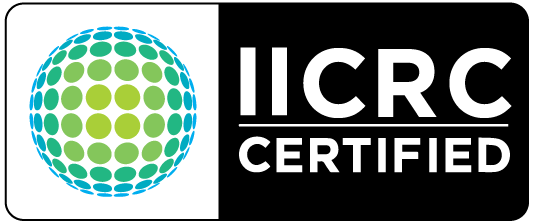Water damage is a significant issue. These water damage events can occur for a wide range of reasons. Common causes of water damage include washing machines, water heaters, clogged gutters, burst pipes, and issues with water supply lines.
In some cases, individuals will even witness a septic tank overflow or another issue with their plumbing system. Our team is here for you if you seek help with structural damage due to plumbing problems and mold growth.
Our team at Elite Clean Restoration is here to address water damage related to your drainage system, general plumbing issues, and clogged drains. We understand how critical leaking pipes can be and how frustrating standing water can be within your home or own property.
If you need assistance with restoration due to your washing machine or faulty appliances, remember that our team at Elite Clean Restoration is here for you.
What is Water Damage?
Water Damage refers to damages incurred by a building due to exposure to a significant amount of water. It can be a sudden exposure to a more significant amount of water or continuous exposure to mild volumes.
When water causes damage, it damages both the building and its contents. It can also lead to unfavorable health conditions in people. The physical damages water causes cannot be easily fixed.
This is why it takes a combination of our expertise and resources to fix these damages. If you ever get into this condition, you can count on us to help you out.
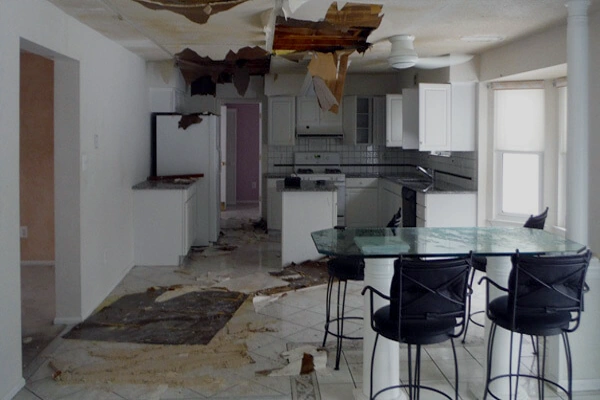
Categories of Water Damage
The IICRC (Institute of Inspection Cleaning and Restoration Certification) categorized these damages based on the nature of the damage-inducing water. There are three categories of water damage: Clean water, greywater, and black water damage.
-
Clean Water Damage:
Clean water damage refers to damages caused by water from a damaged supply source like a broken pipe or an overflowing sink or tub. The water is clean because it does not contain harmful chemicals or sewage. It poses no threat to human health, but it can still cause damage to your property.
-
Grey Water Damage:
This is the second category of water damage. Greywater means used water, for example, water from appliances or a toilet. In this case, the water contains toxins that may not prove harmful. However, exposed persons and objects should be disinfected.
-
Black Water Damage:
Water from sewage, floods (and other natural disasters) is called black water. The damage to the building is seldom mild, and It takes a longer time to repair the damages. Besides, it is a dangerous threat to human health. This is why it is recognized as the most severe category of water damage. If the damages are kept to a minimum, they should be given immediate attention.
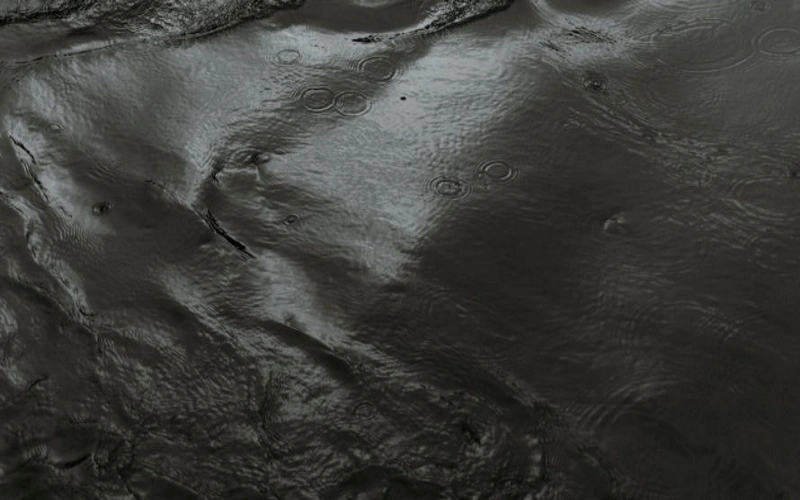
Apart from the contents of the water in itself, these categories tend to show different degrees of damage. Clean water deals the least damage to s buildings while black water deals the most. This comparison is also true for the damage to a building or property’s appearance.
What Causes Water Damage?
There are several causes of water damage (as said earlier). These causes can be human errors, accidents, or natural disasters. This guide will, however, focus on the common causes. The common causes are the causes you are most prone to. Some examples of causes of water damage are:
- Damaged pipes, leaks, or unsecured plumbing connections
- Water spillages, overflowing sinks or bathtubs
- Floods, bad weather conditions, and other natural disasters
- Human errors or accidents
- Damaged appliances
- Clogged or blocked plumbing or draining system
- Overflowing sewage tanks
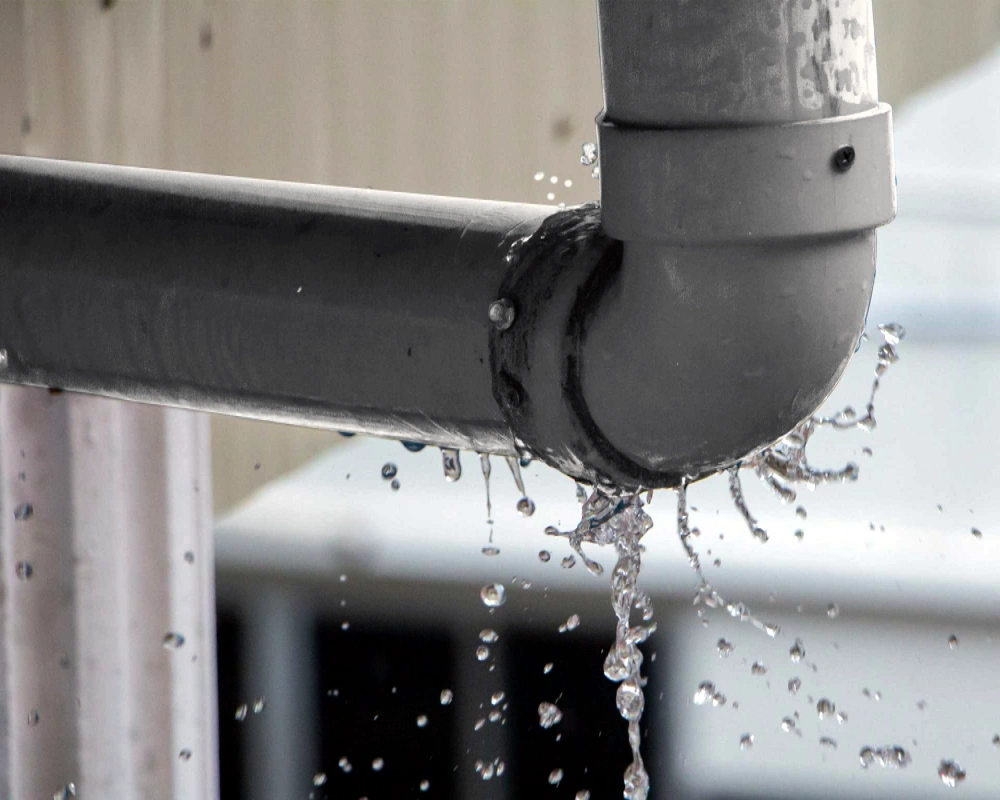
How is Water Damage Repaired?
When water damages a building, it damages both the appearance and the integrity of the structure. Even in small amounts, continuous exposure to water can weaken a structure. Small-scale water damage will not affect the structure as such. It can be repaired by replacing damaged parts and restoring its appearance (if need be).
Property restoration is the process that professionals use in returning your property to its state before the damage. This method aims at reducing potential damages and fixing the existing ones. Large-scale damage is more challenging to repair.
For structural damages, wooden walls have to be replaced or dried out if they can still function. Cement walls can be reinforced after drying as well. All affected parts of a building or property must be dried after exposure. A professional repairer has to check the condition of affected parts and decide if they can still function with repairs.
Water (especially when impure) would leave stains on a surface after evaporation. Repairs also cover spraying over, repainting, recoating, and refurbishing all affected surfaces on your property. Parts that can still function will still be replaced if they have lost their aesthetic value.
When water damages your building or property, you may not know what to do. The repairing process needs knowledge and skill to be complete. Reach out so our professionals can help you get it done.
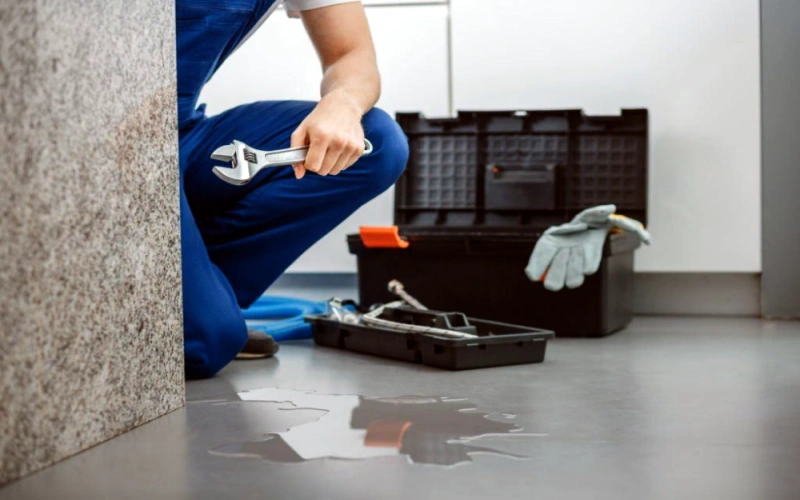
Precautions
The summary of all precautions for preventing water damage suggests managing water well. If you don’t want to risk water damaging your property, what you should do is:
- Avoid water spillages
- Avoid blockages in your gutter
- Do not allow any leakages in your roof
- Close water connections properly when you don’t need them to avoid overflow
- Close your windows during bad weather conditions
- Use good materials in your plumbing
- Pipes are not exposed or prone to damages
- Make sure all your plumbing connections are tight and secure to avoid leakages
- Conduct regular inspections so you can confirm the state of all the previous precautions.
If You Have Water Issues Due To Adverse Weather Conditions or Extreme Water Pressure, Call us at Elite Clean Restoration Today
Water damage can be detrimental to your building or property. By nature, water is readily available in volumes, so water-induced damages can easily occur. Liquids flow by nature; therefore, damage control can be difficult once water is not properly managed.
Do you need help? Do you own any property or building that has been damaged by water? Are you in need of advice or more information on this subject? We have all the solutions you are looking for. Contact us at Elite Clean Restoration so we can help you.
A delay in the repairing process is potentially more dangerous. It is in your best interest not to delay the process, so contact us today.
